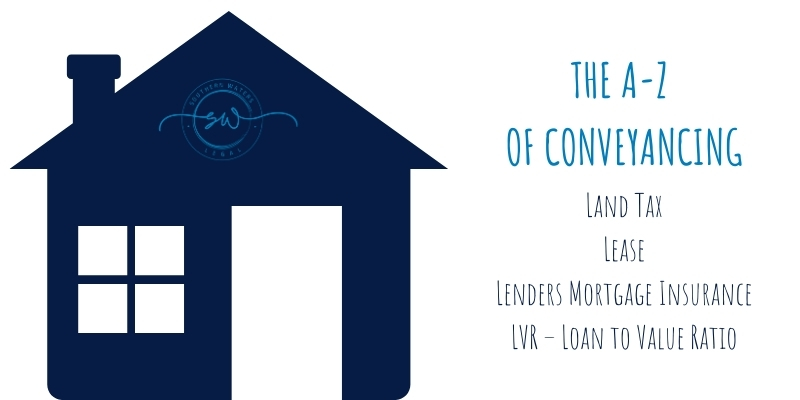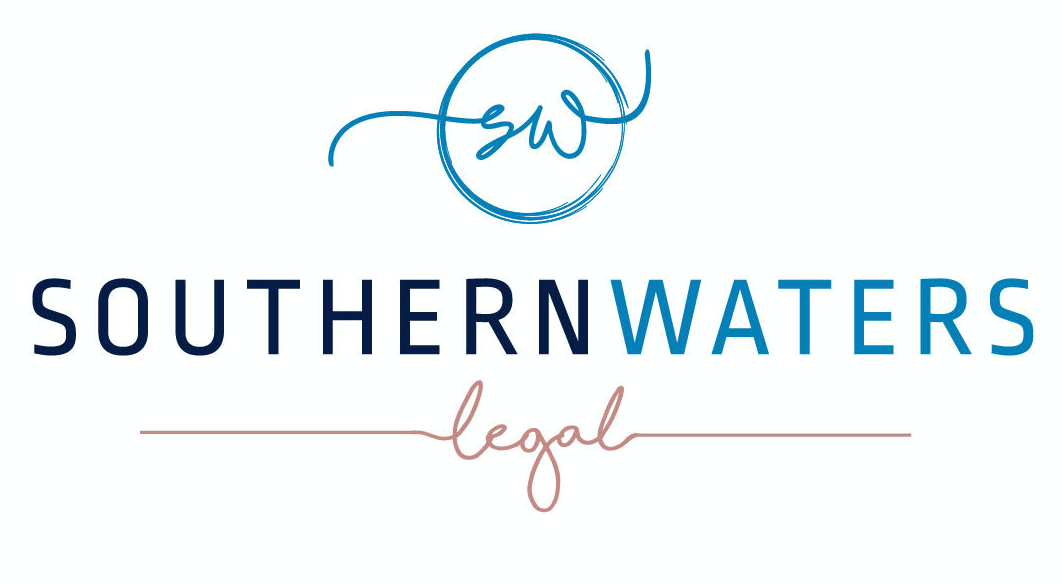
This week in the A – Z of Conveyancing, we’ll go through the commonly used terms in relation to conveyancing, looking at the letter L.
Land Tax
Land tax is a yearly tax payable to Revenue NSW if you own a property which is not your principal place of residence. Properties to which land tax applies, have the land valued by the Valuer General to assess the annual rate of land tax. Many owners are entitled to apply the land tax threshold (currently $755,000) to their assessment reducing the amount of land tax payable. If you own multiple properties, land tax will be assessed on the combined value of the land.
Lease
A Lease is an agreement between an owner of a property (Lessor) and tenant (Lessee), which sets out the specific terms for the rental of a premises. Residential leases are often drafted by the leasing agent, whilst commercial and retail leases will be drafted by a solicitor. The terms of the lease will include the term, amount of rent and obligations of each party to the lease.
Lenders Mortgage Insurance
Lender’s Mortgage Insurance, often referred to as “LMI” is an upfront payment imposed by your lender when you borrow more than 80% of a property’s value. LMI is charged by your lender to address the additional risk incurred when they lend over 80%. Depending on your lender, LMI may be required to be paid on the commencement of your loan or the LMI amount may be capitalised on top of your loan.
LVR – Loan to Value Ratio
This is a term used by lenders which means the loan amount divided by the value of the home. The value of the home is determined by a bank valuation of the property. The LVR will determine the lending percentage and equity held in a property. An LVR of 80% or more will most likely require Lenders Mortgage Insurance to be paid.
For more information on the A – Z of Conveyancing check out our other posts:
The Letter A: Adjustments, Amendments, Auctions
The Letter B: Breach, Broker, Building Contract, By-Laws
The Letter C: Caveat, Certificate of Title, Community Title, Contract for Sale, Cooling off Period
The Letter D: Deposit, Deposit Bond, Deposited Plan, Disbursements, Discharge of Mortgage
The Letter E: Easement, Electronic Notice of Sale, Exchange, Exclusions
The Letter F: Final Inspection, Finance, Fittings & Fixtures
The Letter G: Grants, Guarantee/Guarantor, Goods & Services Tax
The Letter H: Holding Deposit, Home Loan
The Letter I: Inclusions, Inspection Reports, Insurance
The Letter J&K: Joint Tenants, Keys
The Letter M: Mortgage, Mortgagor, Mortgagee.
The Letter N: Negotiations, Notice of Rescission, Notice to Complete
The Letter O: Occupation Certificate, Off the Plan, Open House, Owners Corporation
The Letter P: Penalty Interest, PEXA, Principal place of residence, Proprietor
The Letter Q & R: Quiet enjoyment, Registration, Requisitions on Title, Rescission, Reserve price


